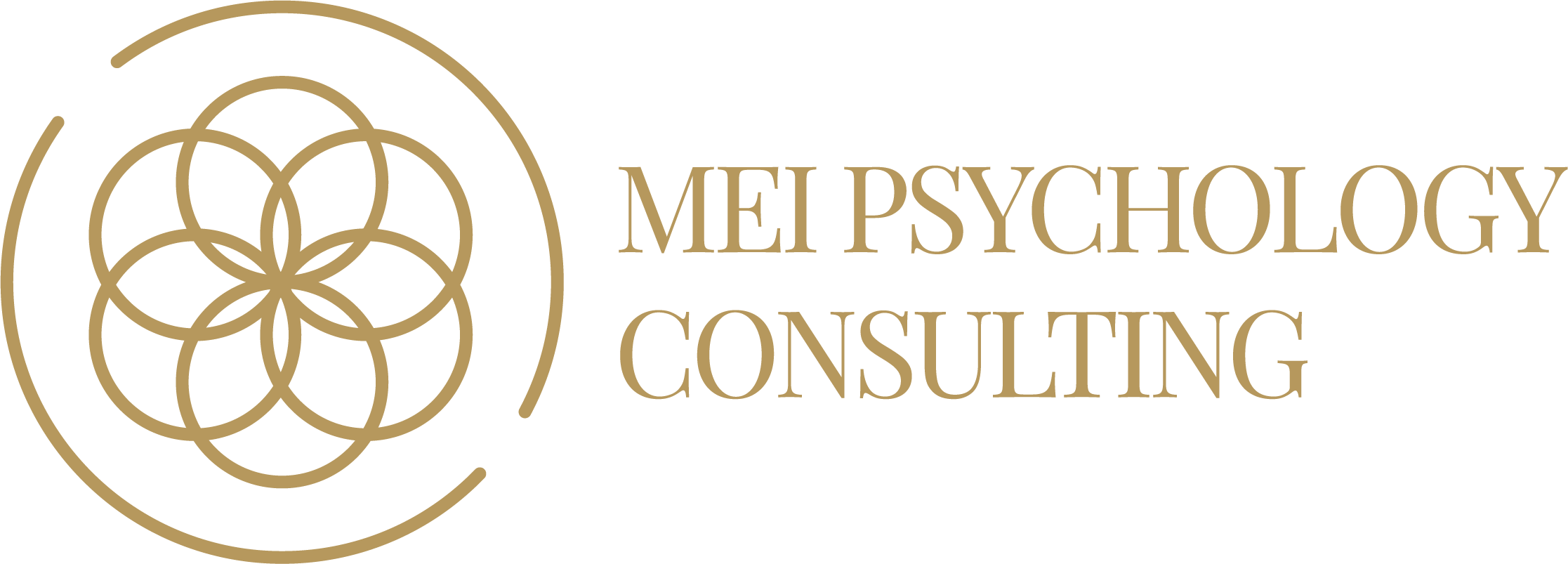Analytical Psychology originated in the work of the Swiss psychiatrist Carl Gustav Jung (1875-1961). Offering a comprehensive model of the human psyche, analytical psychology includes a psychotherapeutic approach for improving mental health and facilitating maturation of the personality as well as a theoretical body of knowledge with wide applicability to social and cultural issues.
As originally defined by Jung, it is distinguished by a focus on the roll of symbolic and spiritual experiences in human life, and rests on Jung’s theory of archetypes and the existence of a deep psychic space or collective unconscious. Following Jung’s original work ongoing research in his tradition incorporated findings from other disciplines and schools of depth psychology, making analytical psychology a vibrant and growing field of inquiry and therapeutic innovation. (International Association for Analytical Psychology)
The Jungian approach analyst certified by IAAP (International Association for Analytical Psychology) as the member with highest professional, scientific and ethical standards. Jungian analyst is to analyze adult clients in one to one setting. The purpose of analysis is what Jung called individuation. Individuation refers to the achievement of a greater awareness of the factors influencing how a person relates to the totality of his or her psychological, interpersonal and cultural experiences. The analytic process is intended to bring these factors, both personal and collective, into consciousness, allowing the individual to see more clearly what forces are at play in his or her life.
I have started to learn analytical psychology from 2011 and it has been an amazing personal and professional asset to me since then. Analytical psychology has provided us a scientific structure to look into human psyche while applying psychotherapy. Analytical psychology is also an approach to analyze not only personal factors of the clients but also from a more broad view covering culture, society, and history. At this moment, I, myself is also still in the learning journey of analytical psychology and enjoy it every day.


